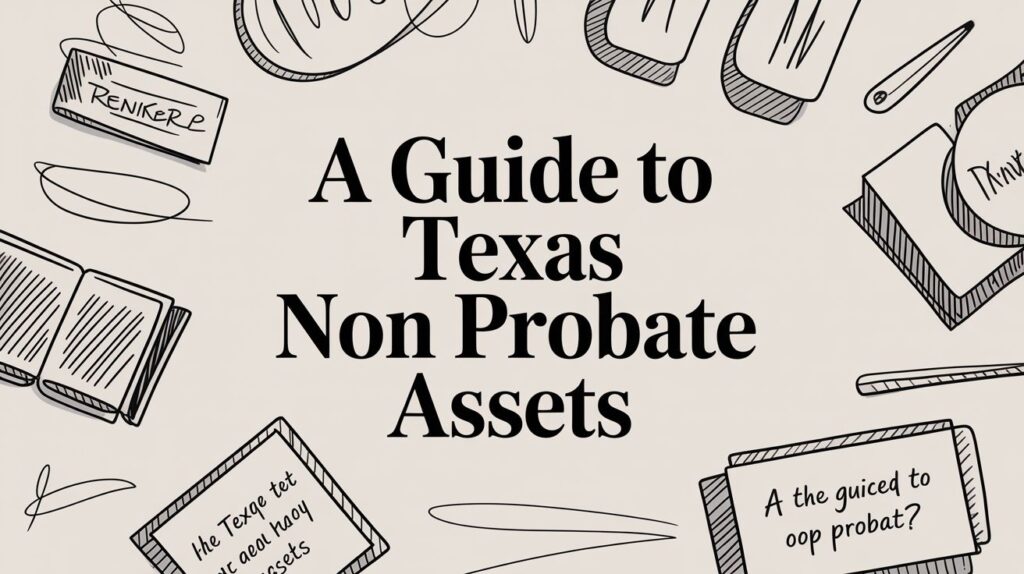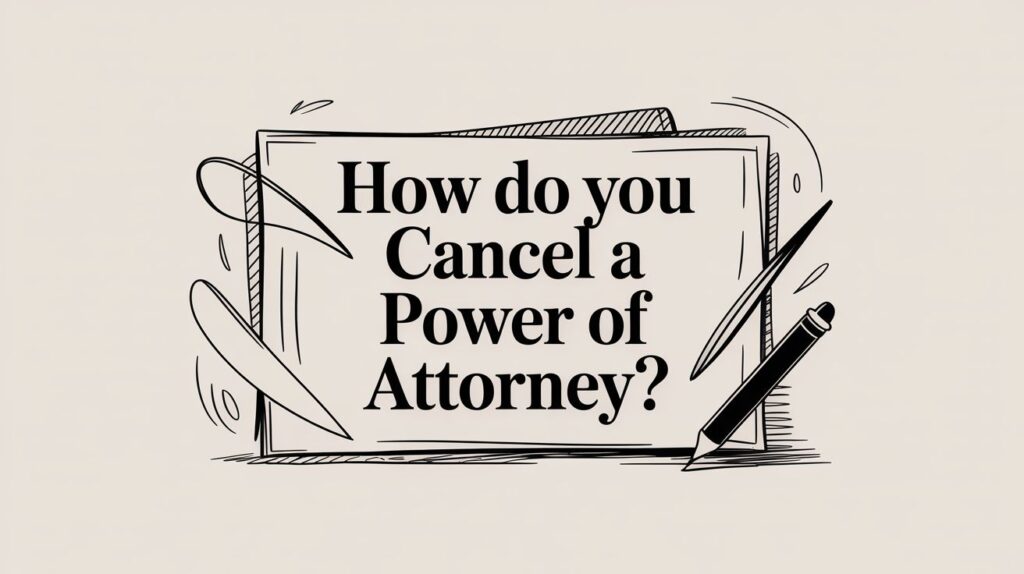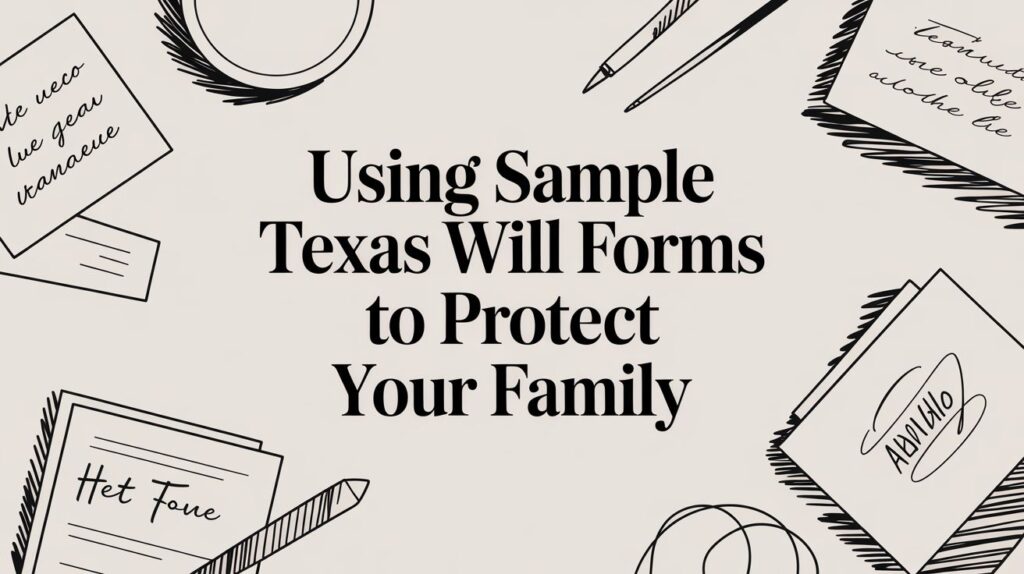Challenging a Texas estate plan in probate court can be complex and emotionally charged, particularly when disputes arise between beneficiaries or third parties who believe they have been wronged. Understanding the procedures, grounds for challenging an estate, and potential outcomes can help those involved in probate proceedings navigate this challenging process more effectively. This article provides a comprehensive overview of what to expect if a Texas estate plan is contested in probate court, including legal grounds for a challenge, the steps involved, common defense strategies, and tips for those involved.
Overview of Texas Probate and Estate Planning
In Texas, probate is the legal process through which a deceased person’s will is validated and their estate is administered according to their wishes or, in the absence of a will, by state law. Estate planning typically involves creating a will, a trust, or both, to dictate how assets should be distributed upon death, as well as powers of attorney and other documents to govern financial and medical decisions during the person’s life.

The probate process is designed to:
- Verify the legitimacy of the deceased’s will or other estate planning documents.
- Ensure proper administration of the estate by an executor or administrator.
- Pay any debts or taxes owed by the estate.
- Distribute assets to the beneficiaries as specified.
Common Grounds for Challenging a Texas Estate Plan
Challenging an estate plan in Texas probate court requires sufficient legal grounds. Not all grievances or disagreements are enough to bring a successful challenge, and there are specific, legally recognized reasons to contest a will or other estate documents.
a. Lack of Testamentary Capacity
To create a valid will or trust in Texas, the person (referred to as the testator) must have had the mental capacity to understand the nature of their assets, the consequences of their decisions, and the identity of beneficiaries. Testamentary capacity challenges argue that, at the time of signing, the testator was mentally incapacitated due to conditions such as dementia, mental illness, or intoxication.
b. Undue Influence
Undue influence occurs when someone exerts excessive pressure on the testator to manipulate their decisions, ultimately benefiting themselves or a third party. This could involve emotional manipulation, coercion, or deceit. Proving undue influence can be challenging, as it requires evidence that the influencer had a close relationship with the testator, exerted control over the testator’s decisions, and received an unfair benefit.
c. Fraud
If a will or estate plan is the result of fraud, it may be invalid. Fraud can include misrepresenting facts, forging signatures, or tricking the testator into signing a document without understanding its content. Proving fraud requires showing intentional deception by one or more individuals.
d. Duress
Duress refers to situations where the testator was forced or threatened into making estate planning decisions they would not have otherwise made. For example, if someone threatened harm unless the testator altered their will, the document may be invalidated due to duress.
e. Improper Execution of the Will

Texas law requires that wills be signed in the presence of at least two witnesses who can attest to the testator’s capacity. If a will was not properly witnessed or signed, it may be contested on the grounds of improper execution.
f. Forgery
Forged wills are fraudulent documents, and if proven, a forged will can be voided entirely. This often requires forensic examination of handwriting and signatures, as well as witness testimony.
Steps in Contesting an Estate Plan in Texas Probate Court
Challenging an estate plan typically involves the following steps:
a. Filing a Petition to Contest
The first step is to file a formal petition to contest the estate plan in probate court, outlining the legal grounds for the challenge. In Texas, the petition must be filed within a specified timeframe (usually two years from the date the will is admitted to probate), though there are some exceptions based on fraud or if the person challenging the will was a minor at the time of the will’s execution.
b. Gathering Evidence
To support a challenge, the petitioner will need to gather evidence to demonstrate the basis of the claim. This might include medical records, witness testimony, forensic analysis, or evidence of communication between the testator and the alleged influencer.
c. Discovery Process
During discovery, both parties exchange evidence and may depose witnesses, including family members, medical professionals, and others with knowledge of the testator’s mental state or interactions with those named in the will. The discovery process can be extensive and may significantly impact the outcome of the case.
d. Mediation and Settlement Efforts
Before proceeding to trial, many probate courts encourage or require mediation to reach a settlement. Mediation provides a neutral environment for both parties to negotiate and potentially settle the dispute without a full trial. Settlement agreements reached in mediation can save time, legal expenses, and emotional strain.
e. Trial
If mediation fails, the case proceeds to trial, where both sides present evidence and arguments. The judge or jury will determine whether the challenge is valid and, if so, what remedies are appropriate. Trial outcomes can range from upholding the original will, invalidating the will entirely, or validating a prior version of the will.
Defending Against an Estate Plan Challenge
If someone seeks to defend an estate plan against a challenge, there are several effective strategies:
a. Evidence of Capacity
Defenders can provide evidence that the testator had the mental capacity to make sound decisions at the time the estate plan was created. This could include testimony from doctors, friends, and family members who interacted with the testator and observed them during that time.
b. Proof of Independence
To counter claims of undue influence or duress, defenders can present evidence showing that the testator acted independently and was not unduly influenced by others. This could include proof that they consulted with independent attorneys or took actions consistent with their estate plan over time.
c. Witness Testimony and Statements
If witnesses were present when the will was signed, their testimony may support the document’s validity. Witnesses can confirm that the testator was lucid, signed willingly, and understood what they were signing.
d. Compliance with Texas Probate Requirements
Demonstrating that the estate plan was properly executed according to Texas law can also defend against challenges of improper execution. Evidence of notarization, witness signatures, and adherence to required formalities strengthens the case for the estate plan’s legitimacy.
Possible Outcomes of a Probate Challenge

The court’s decision on a probate challenge will vary depending on the facts of the case and the evidence presented. Potential outcomes include:
- Upholding the Will or Estate Plan: If the challenge is unsuccessful, the estate plan is deemed valid, and the estate is distributed according to its terms.
- Invalidating the Will or Estate Plan: If the court finds the will or plan was created under undue influence, fraud, or lack of capacity, it may invalidate the document.
- Reinstating a Previous Will: In cases where a newer will is invalidated, an earlier, valid will may be reinstated.
- Distributing the Estate by Texas Intestacy Law: If no valid will exists, Texas intestacy laws determine the distribution of assets. The estate is distributed to the deceased’s closest relatives according to a legally established hierarchy.
Avoiding Probate Disputes in Texas
While probate challenges are sometimes unavoidable, proactive estate planning can reduce the risk of disputes:
- Using Trusts: Unlike wills, trusts often avoid probate and are not as easily contested.
- Involving Neutral Third Parties: Appointing a neutral executor or trustee can alleviate concerns over potential biases or family conflict.
- Including a No-Contest Clause: A no-contest clause, also known as an in terrorem clause, discourages beneficiaries from contesting the estate plan by stipulating that they risk losing their inheritance if they challenge it.
Final Considerations
When a Texas estate plan is challenged in probate court, it is essential for all parties to be well-prepared, patient, and informed. Navigating probate disputes requires careful legal strategy, evidence gathering, and often the assistance of skilled probate attorneys. By understanding the common grounds for challenging a Texas estate plan, the process of contesting or defending an estate, and the potential outcomes, families can approach these difficult situations with clarity and the best chance for a fair resolution.








